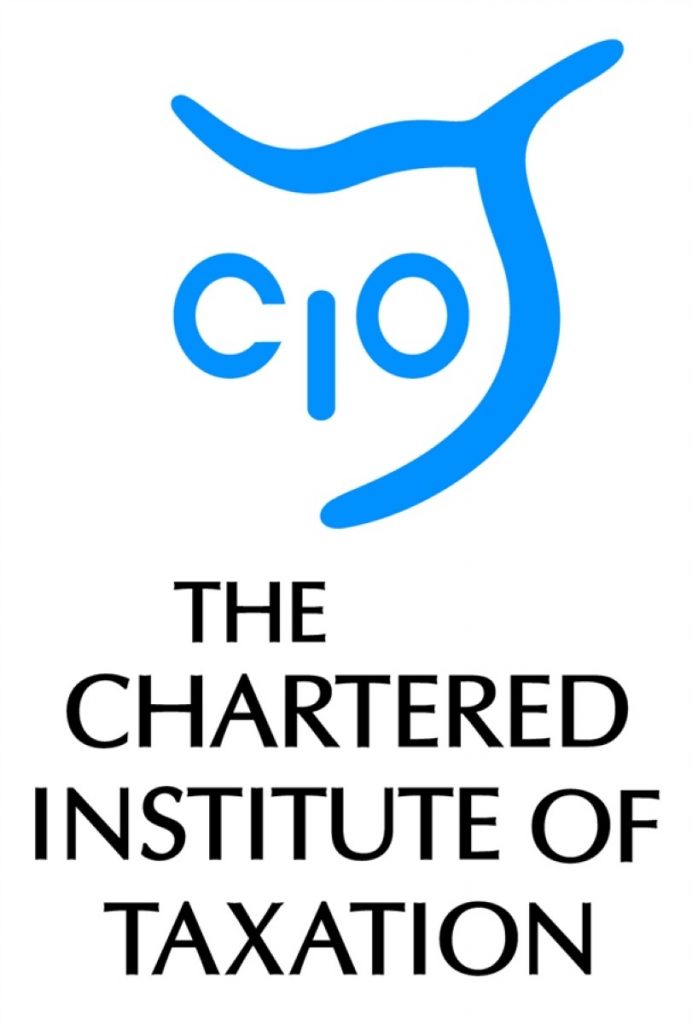Tax professionals welcome changes to plans to target overseas investors in UK property
The Chartered Institute of Taxation (CIOT) has welcomed the announcement by HMRC that institutional investors1 and companies with diverse ownership will be excluded from their plans for a new capital gains tax (CGT) on UK properties sold by non-residents2.
Patrick Stevens, CIOT Tax Policy Director, commented:
“The Government are understandably eager to ensure that the tax treatment of non-residents that own and make gains on UK residential property is comparable to that of UK residents. We also recognise the Government’s desire to encourage institutional investment, domestic and overseas, in the UK’s housing market and so it makes sense to exempt these groups from the charge.
“However, problems remain with the legislation specifically regarding Principal Private Residence (PPR) and the Annual Tax on Enveloped Dwellings (ATED). In their plans to extend CGT to non-residents in certain circumstances, HMRC’s proposal to withdraw the PPR election for all taxpayers continues to alarm the Institute. If the plans were to go ahead, then UK residents could be faced with CGT charges on their first or second properties, with no certainty as to which is which.
“Additionally, we continue to call for the ATED – related CGT to be abolished; it is crucial that property taxes interact in a consistent fashion and its retention will lead to intolerable complexity.”
Notes for editors:
1. The term ‘institutional investors’ typically includes pension, hedge and mutual funds.
2. HM Treasury & HM Revenue & Customs’ consultation document (including Minutes of Consultation Working Groups update), Implementing a capital gains tax charge on non-residents, can be found here. The submission of the Chartered Institute of Taxation can be found here.
3. The Chartered Institute of Taxation (CIOT)
The CIOT is the leading professional body in the United Kingdom concerned solely with taxation. The CIOT is an educational charity, promoting education and study of the administration and practice of taxation. One of our key aims is to work for a better, more efficient, tax system for all affected by it – taxpayers, their advisers and the authorities. The CIOT’s work covers all aspects of taxation, including direct and indirect taxes and duties. Through our Low Incomes Tax Reform Group (LITRG), the CIOT has a particular focus on improving the tax system, including tax credits and benefits, for the unrepresented taxpayer.
The CIOT draws on our members’ experience in private practice, commerce and industry, government and academia to improve tax administration and propose and explain how tax policy objectives can most effectively be achieved. We also link to, and draw on, similar leading professional tax bodies in other countries. The CIOT’s comments and recommendations on tax issues are made in line with our charitable objectives: we are politically neutral in our work.
The CIOT’s 17,000 members have the practising title of ‘Chartered Tax Adviser’ and the designatory letters ‘CTA’, to represent the leading tax qualification.





-01.png)